Recently my daughter Kate who is a second year student at UVA texted me, "Dad, you have to see this documentary Cooked by Michael Pollan." To me Michael Pollan is a modern day prophet. His book The Omnivore's Dilemma is in my estimation one of the most important books for our generation.
As a foodie, health fanatic I was elated that my college-aged daughter, off on her own making her own decisions about what to eat and what not to eat, was interested in a documentary by Michael Pollan. I knew my indoctrination was working!
Last Friday night my wonderful bride and our two remaining kids who are still in the nest cuddled up to a fire and Netflix and began watching this four part series. Both my children 14 and 11 years old were fully engaged and wanted to watch all four that night!
Here is a trailer https://www.youtube.com/watch?v=epMAq5WYJk4
The below is taken from Michael Pollan's website.
In Cooked, Michael Pollan explores the previously uncharted territory of his own kitchen. Here, he discovers the enduring power of the four classical elements—fire, water, air, and earth— to transform the stuff of nature into delicious things to eat and drink. Apprenticing himself to a succession of culinary masters, Pollan learns how to grill with fire, cook with liquid, bake bread, and ferment everything from cheese to beer. In the course of his journey, he discovers that the cook occupies a special place in the world, standing squarely between nature and culture. Both realms are transformed by cooking, and so, in the process, is the cook. Each section of Cooked tracks Pollan’s effort to master a single classic recipe using one of the four elements. A North Carolina barbecue pit master tutors him in the primal magic of fire; a Chez Panisse–trained cook schools him in the art of braising; a celebrated baker teaches him how air transforms grain and water into a fragrant loaf of bread; and finally, several mad-genius “fermentos” (a tribe that includes brewers, cheese makers, and all kinds of picklers) reveal how fungi and bacteria can perform the most amazing alchemies of all. The reader learns alongside Pollan, but the lessons move beyond the practical to become an investigation of how cooking involves us in a web of social and ecological relationships: with plants and animals, the soil, farmers, our history and culture, and, of course, the people our cooking nourishes and delights. Cooking, above all, connects us.
The effects of not cooking are similarly far reaching. Relying upon corporations to process our food means we consume large quantities of fat, sugar, and salt; disrupt an essential link to the natural world; and weaken our relationships with family and friends. In fact, Cooked argues, taking back control of cooking may be the single most important step anyone can take to help make the American food system healthier and more sustainable. Reclaiming cooking as an act of enjoyment and self-reliance, learning to perform the magic of these everyday transformations, opens the door to a more nourishing life.
To your health,
Julian


